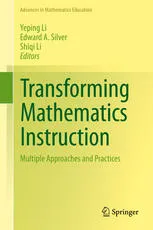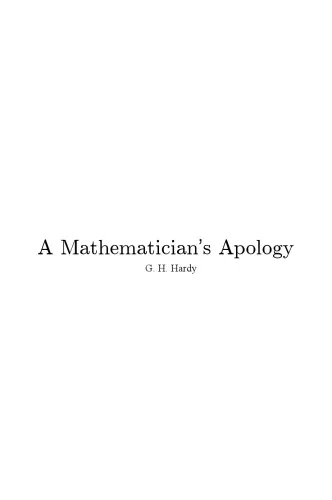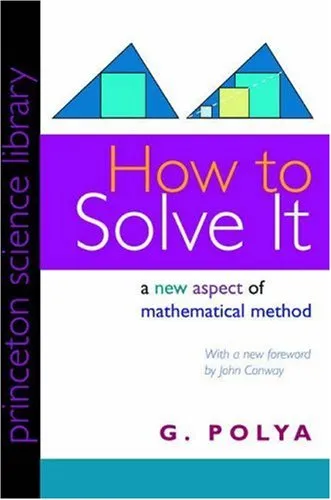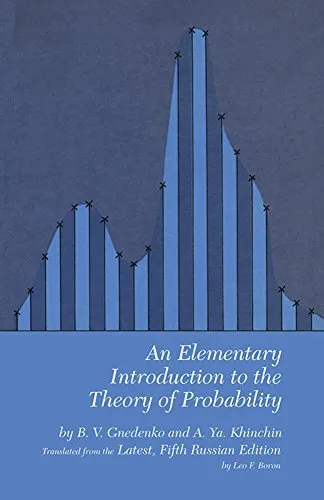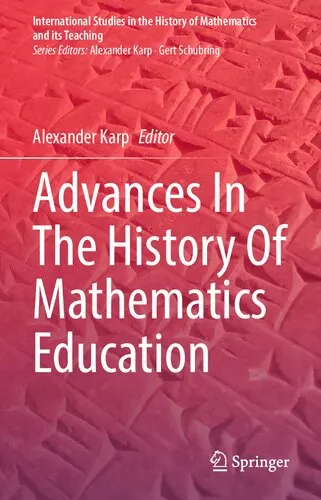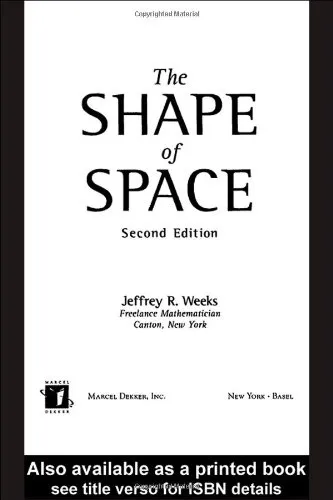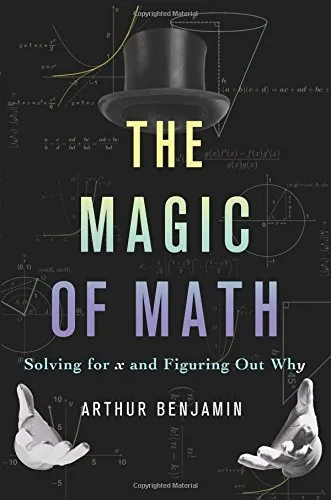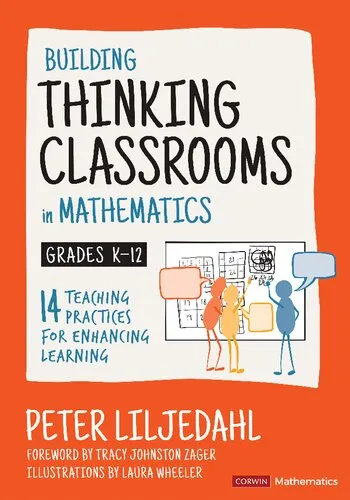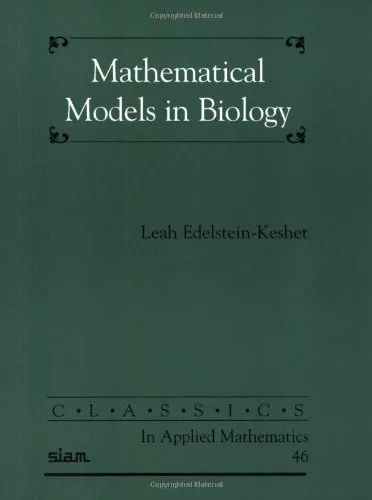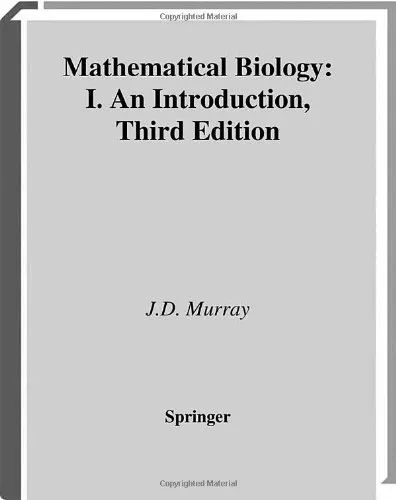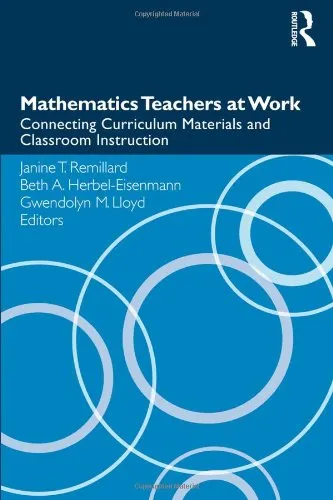Transforming Mathematics Instruction: Multiple Approaches and Practices
4.5
Reviews from our users

You Can Ask your questions from this book's AI after Login
Each download or ask from book AI costs 2 points. To earn more free points, please visit the Points Guide Page and complete some valuable actions.Related Refrences:
Introduction to "Transforming Mathematics Instruction: Multiple Approaches and Practices"
"Transforming Mathematics Instruction: Multiple Approaches and Practices" is an essential text for educators, researchers, and policymakers who aim to reform and enhance mathematics education. Edited by Yeping Li, Edward A. Silver, and Shiqi Li, this book offers a comprehensive understanding of the transformative approaches required to improve math teaching and learning. It skillfully bridges the gap between theory and practice, highlighting innovative strategies, global perspectives, and practical insights.
Detailed Summary of the Book
Across this book, the editors bring together leading scholars and practitioners to examine the imperative question: how can mathematics instruction be transformed in ways that lead to better educational outcomes and deeper student understanding? The book explores diverse instructional methods, including collaborative learning, inquiry-based approaches, and the integration of technology in mathematics education. Each chapter introduces evidence-based practices that address the challenges of engaging students meaningfully in mathematics while fostering critical thinking and problem-solving skills.
The authors place particular emphasis on the importance of cultural contexts and the need to consider local educational practices when implementing change. There is a deliberate effort to connect theory with the actual needs of classrooms, offering insights into how research findings can inform impactful teaching strategies. By drawing on international case studies and lessons learned from different educational systems, the book enriches readers with a broader view of how math instruction can be reimagined globally.
Key Takeaways
- The transformation of math education requires both innovative pedagogical approaches and sustained collaboration among teachers, policymakers, and researchers.
- Incorporating students' cultural backgrounds into curriculum design is vital for making mathematics more relatable and motivating for learners.
- Inquiry-based learning, technology integration, and collaborative teaching strategies are powerful tools to enhance math instruction.
- Global perspectives on mathematics reform offer valuable lessons for tailoring local educational changes.
- Teachers play a pivotal role in reforming mathematics instruction, and their professional development is a cornerstone of sustainable transformation.
Famous Quotes from the Book
"Educational change is not about quick solutions but about understanding and adapting to the complexities of teaching and learning in a diverse world."
"Quality mathematics instruction begins with acknowledging the unique perspectives and experiences that every student brings to the classroom."
Why This Book Matters
This book is not just another academic discourse on improving math education—it is a call to action. It addresses the pressing need for a global dialogue about the future of mathematics instruction, underpinned by empirical evidence and practical insights. As education systems worldwide grapple with challenges such as achieving equity in learning outcomes and integrating 21st-century skills, this book provides a roadmap for cultivating meaningful change.
One of its key strengths lies in its interdisciplinary approach. It not only highlights innovative teaching practices but also examines how systems-level factors, such as policy and teacher training, influence educational reform. By connecting research findings with real-world applications, "Transforming Mathematics Instruction: Multiple Approaches and Practices" equips its readers with the tools needed to create lasting impact in mathematics education.
Ultimately, this book empowers educators, administrators, and researchers to envision a future where all students have access to high-quality mathematics education that is equitable, motivating, and transformative. It stresses that while change is complex and contextual, it is both necessary and possible when approached with careful planning, collaboration, and dedication.
Free Direct Download
You Can Download this book after Login
Accessing books through legal platforms and public libraries not only supports the rights of authors and publishers but also contributes to the sustainability of reading culture. Before downloading, please take a moment to consider these options.
Find this book on other platforms:
WorldCat helps you find books in libraries worldwide.
See ratings, reviews, and discussions on Goodreads.
Find and buy rare or used books on AbeBooks.
1384
بازدید4.5
امتیاز0
نظر98%
رضایتReviews:
4.5
Based on 0 users review
Questions & Answers
Ask questions about this book or help others by answering
No questions yet. Be the first to ask!
